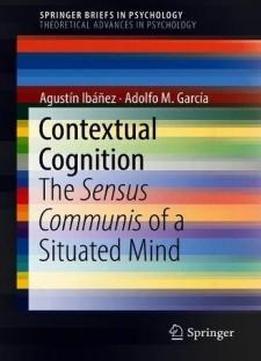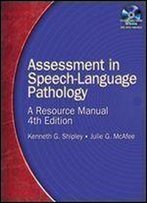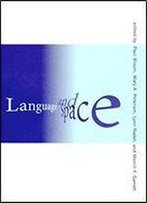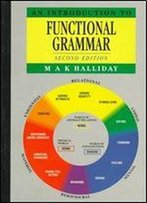
Contextual Cognition: The Sensus Communis Of A Situated Mind (springerbriefs In Psychology)
by Agustín Ibáñez /
2018 / English / PDF
17.1 MB Download
This Brief introduces two empirically grounded models of situated
mental phenomena: contextual social cognition (the collection of
psychological processes underlying context-dependent social
behavior) and action-language coupling (the integration of
ongoing actions with movement-related verbal information). It
combines behavioral, neuroscientific, and neuropsychiatric
perspectives to forge a novel view of contextual influences on
active, multi-domain processes. Chapters highlight the models'
translational potential for the clinical field by focusing on
diseases compromising social cognition (mainly illustrated by
behavioral variant frontotemporal dementia) and motor skills
(crucially, Parkinson’s disease). A final chapter sets forth
metatheoretical considerations regarding intercognition, the
constant binding of processes triggered by environmental and
body-internal sources, which confers a
This Brief introduces two empirically grounded models of situated
mental phenomena: contextual social cognition (the collection of
psychological processes underlying context-dependent social
behavior) and action-language coupling (the integration of
ongoing actions with movement-related verbal information). It
combines behavioral, neuroscientific, and neuropsychiatric
perspectives to forge a novel view of contextual influences on
active, multi-domain processes. Chapters highlight the models'
translational potential for the clinical field by focusing on
diseases compromising social cognition (mainly illustrated by
behavioral variant frontotemporal dementia) and motor skills
(crucially, Parkinson’s disease). A final chapter sets forth
metatheoretical considerations regarding intercognition, the
constant binding of processes triggered by environmental and
body-internal sources, which confers asensus communis
sensus communis to
our experience. In addition, the book includes two commentaries
written by external peers pondering on advantages and limits of
the proposal.
to
our experience. In addition, the book includes two commentaries
written by external peers pondering on advantages and limits of
the proposal.Contextual Cognition
Contextual Cognition will be of interest to students,
teachers, and researchers from the fields of cognitive science,
neurology, psychiatry, neuroscience, psychology, behavioral
science, linguistics, and philosophy.
will be of interest to students,
teachers, and researchers from the fields of cognitive science,
neurology, psychiatry, neuroscience, psychology, behavioral
science, linguistics, and philosophy.











